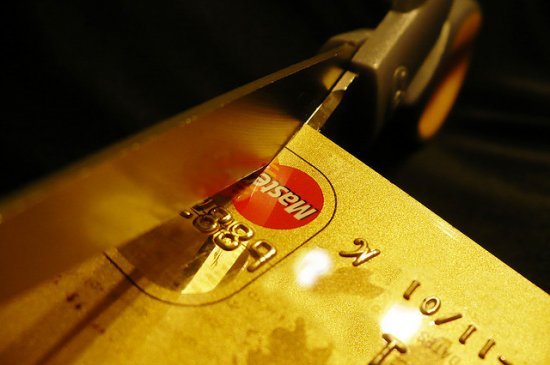
Why do credit card issuers increase interest rates?
The bottom line is that card issuers do it to make more money, but there are a number of underlying causes that may lead to an interest rate hike. The CARD Act, a law limiting card issuers' ability to institute rate hikes without notice, has helped many consumers. Here are the four most common causes of rate hikes:
#1 You were under an initial lower rate plan and the promotion ended. For instance, if you took a 0% for six months deal, you'll get an increase notice around the time the promotion ends.
#2 You're behind on your payments. After 60 days late on payments, your card issuer may hit you with a penalty interest rate than can be drastically higher than the rate you initially had.
#3 Your credit score dropped significantly. Card issuers monitor your credit rating and can raise your rates after 45 days' notice, but this will only apply to new purchases after the increase.
#4 You have a variable rate card tied to a key index like the prime rate and the underlying rate has gone up. In this case, no notice is required if the rate moves automatically with the index.
How can you fight back against a credit card rate hike?
The good news is that you may not have to just sit back and take it on the chin and pay higher interest rates. There are some options to avoid paying the increased interest rates, but only if you act promptly. Here are some strategies to try:
#1 You can say no to the interest rate. If you opt out, your account will be closed and you'll pay off the balance at your existing rate but you won't be able to make any new charges. However, this could negatively impact your credit score depending on your circumstances.
#2 You can transfer your balance to a lower rate card. This won't stop the interest rate from happening, but will keep it from affecting you. If you have a lower interest card or can open a new lower interest card, you can transfer it and close the account or keep it open, unused.
#3 You can try to haggle your rate back down with your card issuer. If you've always been a prompt payer, the issuer may be flexible on the interest rate. If, however, you're usually a late payer, you may not be able to get much traction with this approach.
#4 You can try to pay down the balance before the rate hike comes into effect. You'll get at least a couple of weeks' notice and maybe as much as six weeks' notice. If the new rate is just too high, do everything you can to knock out the balance.
If you routinely pay off your credit card balances in full each month, interest rates are not so important because you are only charged interest on balances you carry forward. However, if you're like most Americans, you have several thousand (up to many thousand) dollars of credit card debt, which makes the interest rate a critical factor.Please read the original post on our affiliate site, BillsBills.com
